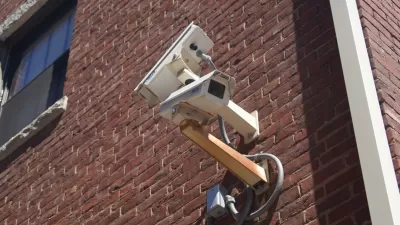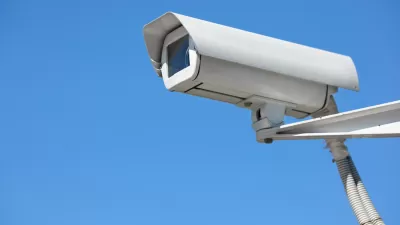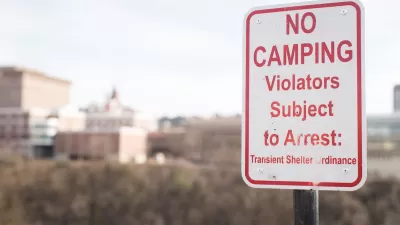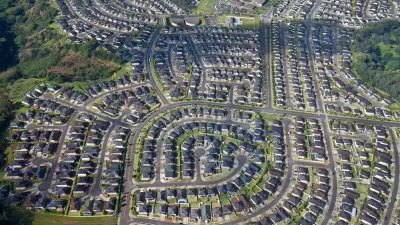Facial recognition software has the possibility to change public life completely. Countries and cities should be careful to consider the consequences of adopting the technology.

CCTV's are so common in the world today that it’s hard for a person to be sure if they are not being tracked by facial recognition software or not. Often without our knowledge, we might all be participating in a beta test of policing software that we never signed up for.
The temptation for police forces and states to use facial recognition technology is easy to understand. The technology is cheap and widely available, but it’s also far from proven. "A recent test of Amazon’s facial recognition software by the American Civil Liberties Union found that it falsely identified 28 members of Congress as known criminals, with members of the Congressional Black Caucus disproportionately represented," The Guardian reports. Some officials may be comfortable with those kinds of error rates, arguing that no arrest would be made without human intervention, but it’s easy to imagine a person who's wrongly been swept up into a criminal investigation feeling differently.
Even as the technology improves, as it likely will, there should be real concerns for privacy and who might be able to use this data. "It is not just governments who will be interested in the results. The software is freely available and cheap," The Guardian points out. Purveyors of ransomware, blackmailers, and other unscrupulous people have plenty of uses for it. It's crucial that laws be enacted quickly to protect the public and public life from this threat, according to the article.
FULL STORY: The Guardian view on facial recognition: a danger to democracy

Alabama: Trump Terminates Settlements for Black Communities Harmed By Raw Sewage
Trump deemed the landmark civil rights agreement “illegal DEI and environmental justice policy.”

Planetizen Federal Action Tracker
A weekly monitor of how Trump’s orders and actions are impacting planners and planning in America.

The 120 Year Old Tiny Home Villages That Sheltered San Francisco’s Earthquake Refugees
More than a century ago, San Francisco mobilized to house thousands of residents displaced by the 1906 earthquake. Could their strategy offer a model for the present?

In Both Crashes and Crime, Public Transportation is Far Safer than Driving
Contrary to popular assumptions, public transportation has far lower crash and crime rates than automobile travel. For safer communities, improve and encourage transit travel.

Report: Zoning Reforms Should Complement Nashville’s Ambitious Transit Plan
Without reform, restrictive zoning codes will limit the impact of the city’s planned transit expansion and could exclude some of the residents who depend on transit the most.

Judge Orders Release of Frozen IRA, IIJA Funding
The decision is a victory for environmental groups who charged that freezing funds for critical infrastructure and disaster response programs caused “real and irreparable harm” to communities.
Urban Design for Planners 1: Software Tools
This six-course series explores essential urban design concepts using open source software and equips planners with the tools they need to participate fully in the urban design process.
Planning for Universal Design
Learn the tools for implementing Universal Design in planning regulations.
Clanton & Associates, Inc.
Jessamine County Fiscal Court
Institute for Housing and Urban Development Studies (IHS)
City of Grandview
Harvard GSD Executive Education
Toledo-Lucas County Plan Commissions
Salt Lake City
NYU Wagner Graduate School of Public Service





























